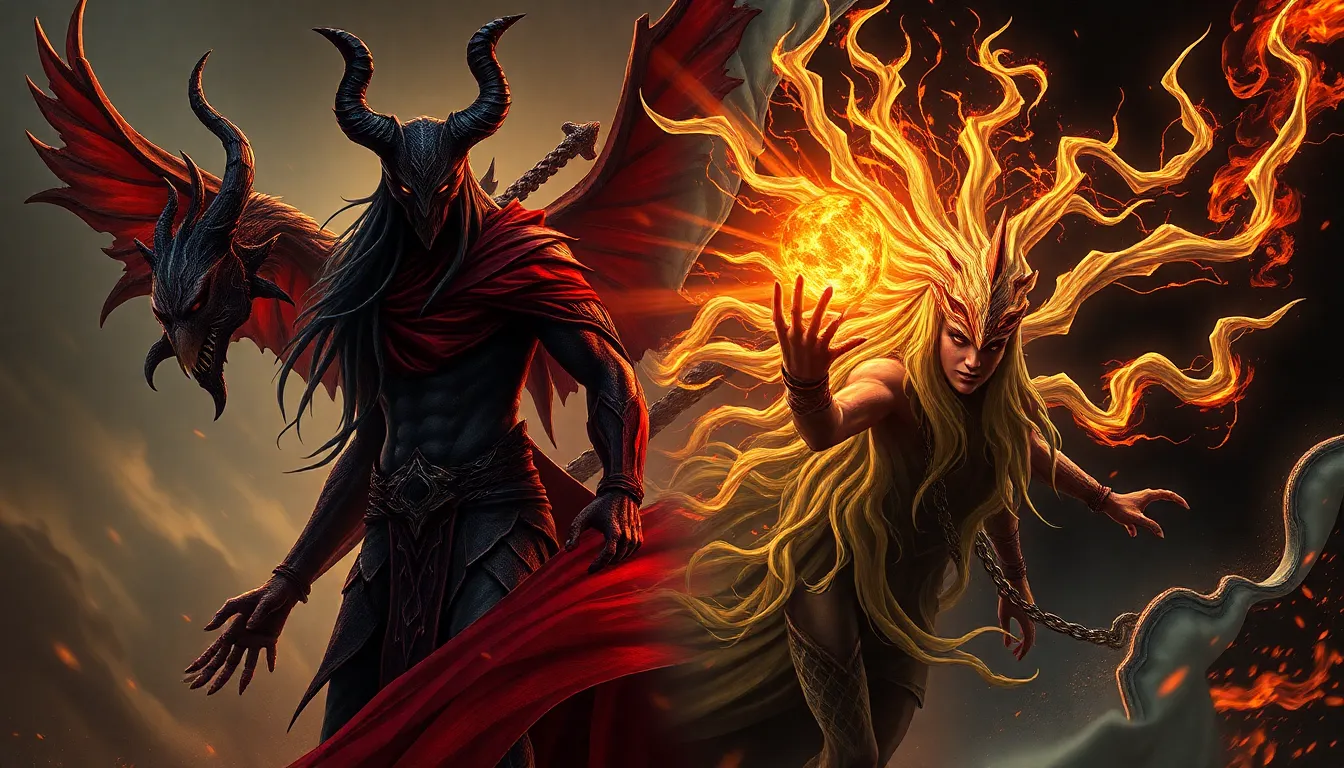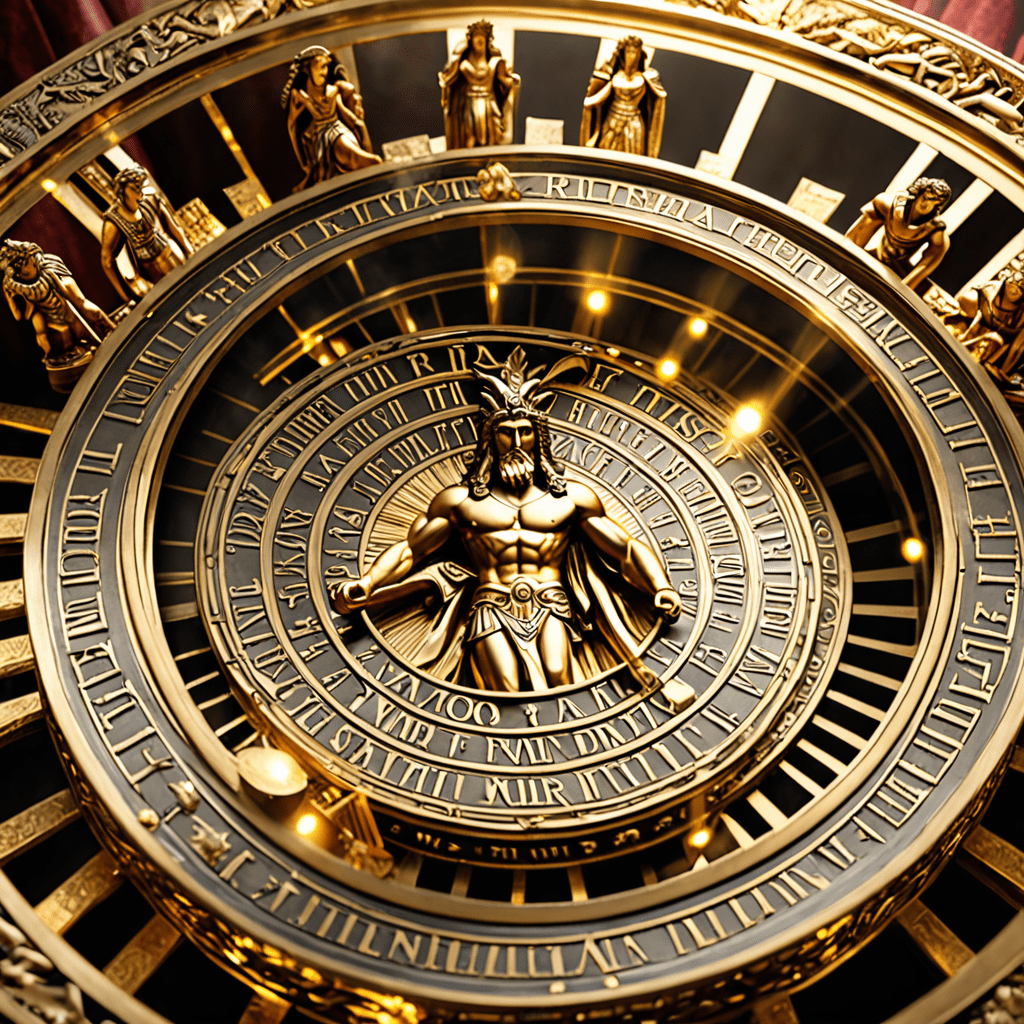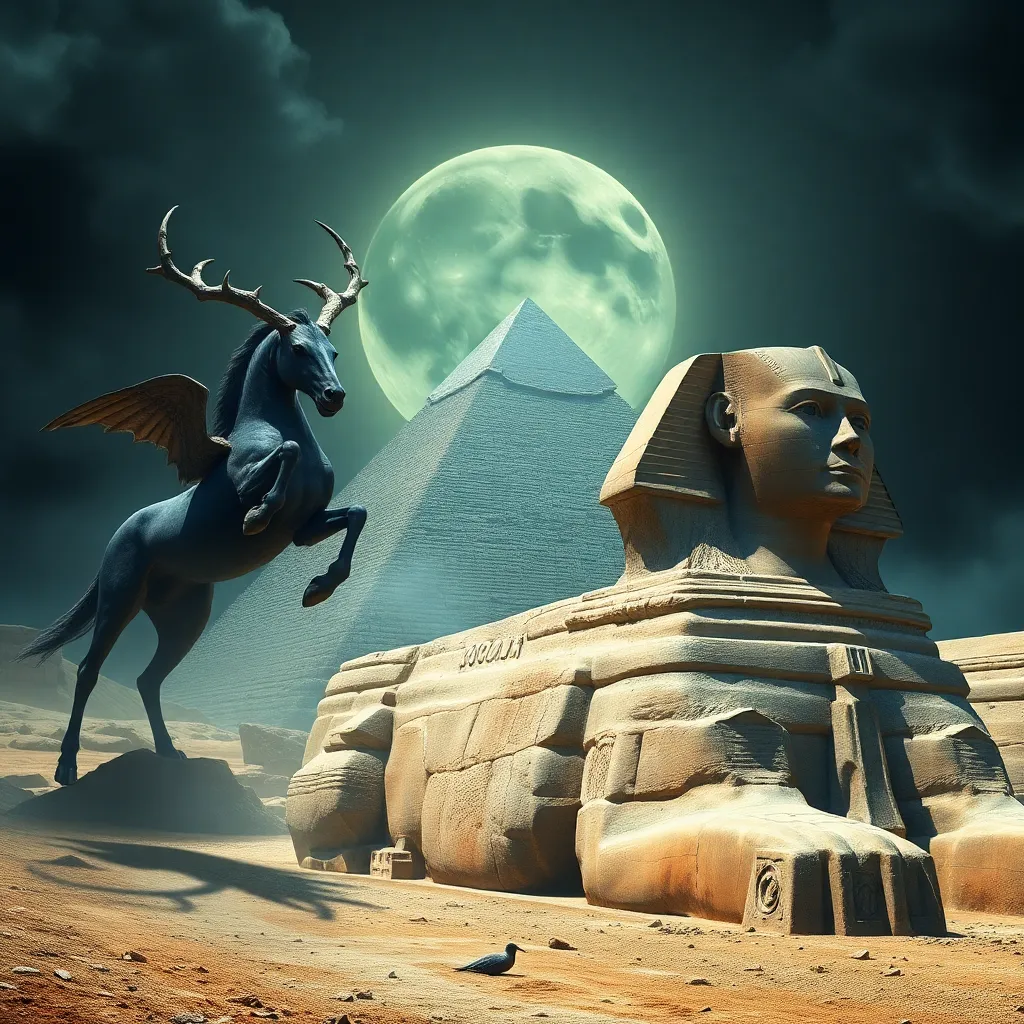The Evolution of Myth: Transformations That Redefined Characters
I. Introduction to Mythology
Mythology serves as a foundational element in human culture, providing narratives that explain the world, human behavior, and the divine. It encompasses a range of stories, characters, and themes that have been passed down through generations, often reflecting the values and beliefs of the societies from which they originate.
Myths are not just ancient tales; they are cultural narratives that shape identities and influence art, literature, and religion. They serve as essential tools for understanding human experience and morality.
This article aims to explore the transformations of mythological characters, examining how these changes reflect broader cultural shifts and human psychology.
II. Historical Context of Mythical Characters
The origins of mythological characters can be traced back to ancient civilizations, where they served as representations of natural forces, societal values, or human experiences. Early myths were often shaped by oral tradition, allowing them to evolve over time as they were retold in various contexts.
The historical events surrounding these civilizations significantly impacted their narratives. For example, wars, migrations, and cultural exchanges often led to the amalgamation of different myths and the transformation of characters to fit new societal norms.
III. Major Transformations in Mythological Characters
A. Case Study: The Transformation of Zeus
Initially portrayed as a capricious figure in early Greek mythology, Zeus was often depicted as a god of storms and chaos. Over time, through literature and art, he evolved into a more complex character embodying authority, justice, and order.
This transformation can be seen in works such as Hesiod’s “Theogony,” where Zeus rises to power and establishes the order of the cosmos, and in Homer’s “Iliad,” where he plays a more paternal role among the gods and mortals.
B. Case Study: The Journey of Persephone
Persephone’s narrative illustrates a significant transformation from a maiden to the queen of the underworld. This duality reflects the seasonal cycle, symbolizing death and rebirth.
Her story also encapsulates themes of female empowerment, as her abduction by Hades and subsequent adaptation to her role in the underworld highlight the complexities of agency and transformation in women’s experiences.
IV. Cross-Cultural Comparisons of Character Evolution
Character transformations in mythology often exhibit similarities across cultures, showcasing universal themes of heroism, morality, and the struggle against chaos.
- Gilgamesh vs. Hercules: Both characters undergo significant transformations that reflect the ideals of their respective cultures. Gilgamesh’s journey from tyrant to a wise ruler symbolizes the quest for immortality and friendship, while Hercules embodies the hero’s journey through trials and redemption.
V. The Influence of Religion on Mythological Characters
Mythology is deeply intertwined with religious belief, with many mythological figures also serving as deities within religious contexts. This relationship often leads to the reshaping of characters to align with religious narratives.
The deification of heroes, such as Hercules and Odin, illustrates how mythological figures can be elevated to divine status, altering their narratives and moral implications within society.
VI. Modern Interpretations and Adaptations of Mythological Characters
In contemporary society, literature and media play a pivotal role in reimagining mythological characters. Modern adaptations often reflect current social values and issues, such as feminism and social justice.
- Examples of contemporary adaptations:
- The “Percy Jackson” series reinterprets Greek mythology for younger audiences, emphasizing themes of friendship and identity.
- The film “Wonder Woman” draws on the character of Diana from Greek mythology, showcasing female empowerment and strength.
VII. Psychological Perspectives on Mythological Transformations
Carl Jung’s theories on archetypes provide a framework for understanding the psychological significance of mythological characters. He posited that these characters embody universal symbols and themes that resonate with the collective unconscious.
Myth serves as a means to explore human psychology, offering insights into our motivations, fears, and aspirations. Characters often reflect society’s values and struggles, making them relevant across different eras.
VIII. The Future of Mythological Characters
As we advance into the digital age, the retelling of myths continues to evolve. Social media, video games, and online storytelling platforms provide new avenues for the reinterpretation of mythological characters.
Future transformations may draw on contemporary cultural issues, further diversifying and enriching the narratives of mythological figures. The enduring relevance of these characters ensures that they will continue to inspire and resonate with future generations.
IX. Conclusion: The Enduring Legacy of Mythological Transformations
Throughout this exploration, we have examined key transformations in notable mythological characters, such as Zeus and Persephone, highlighting their evolution in response to cultural, historical, and psychological factors.
The importance of character evolution in mythology lies not only in the stories themselves but also in their capacity to reflect and shape human culture. As society continues to change, so too will the myths that define our understanding of the world.
In closing, the future of mythology remains bright, with the potential for new narratives and interpretations that will resonate with the complexities of modern life.
X. References and Further Reading
For those interested in delving deeper into the study of mythology and character analysis, the following texts are recommended:
- “The Hero with a Thousand Faces” by Joseph Campbell
- “Mythology: Timeless Tales of Gods and Heroes” by Edith Hamilton
- “The Power of Myth” by Joseph Campbell and Bill Moyers
- “The Masks of God” series by Joseph Campbell




